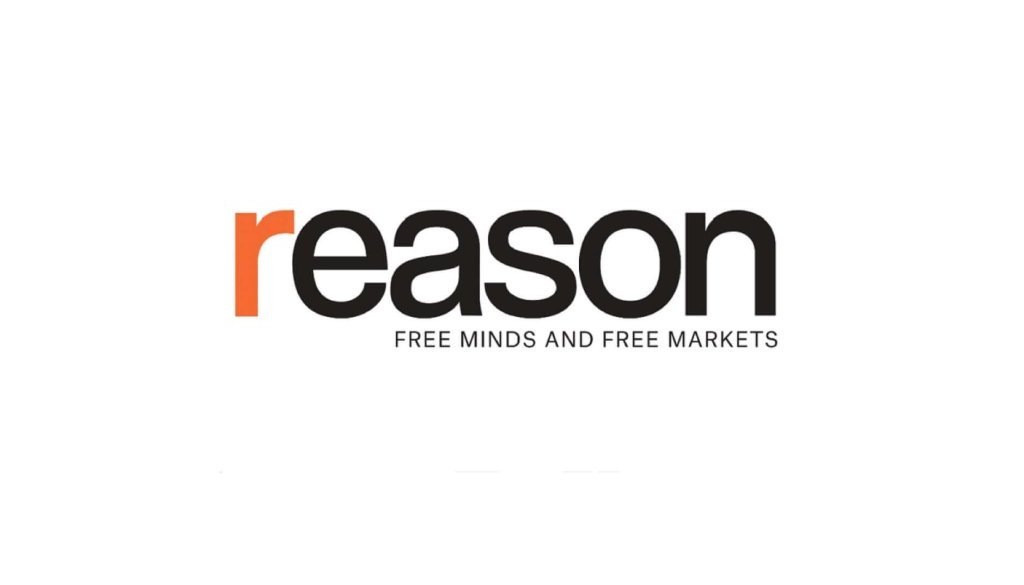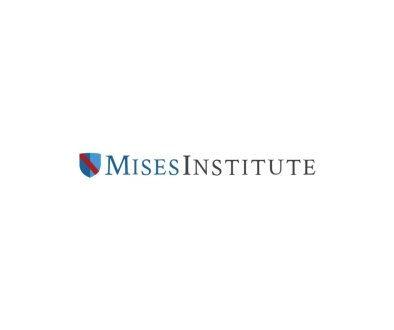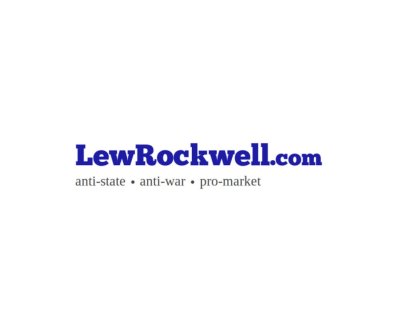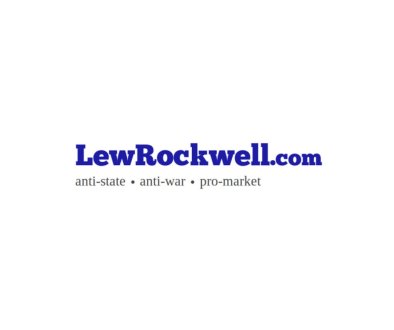When the U.S. Military Gave People Radiation Poisoning To Study the Effects of Nuclear War
Uncle Sam conducted several pointless and destructive experiments on his own people during the Cold War. The most infamous was MKUltra, the CIA’s project to develop procedures for mind control using psychedelic drugs and psychological torture. During Operation Sea-Spray, the U.S. Navy secretly sprayed San Francisco with bacteria to simulate a biological attack. San Francisco was also the site of a series of radiation experiments by the U.S. Navy.
A 2024 investigation by the San Francisco Public Press and The Guardian revealed that the city’s U.S. Naval Radiological Defense Laboratory had exposed at least 1,073 people to radiation over 24 experiments between 1946 and 1963. The tests came during a time when the effects of nuclear radiation were a pressing concern, and were conducted without ethical safeguards.
Conscripted soldiers and civilian volunteers were sent into radioactive conditions or purposely dosed with radiation without their informed consent. The lab didn’t bother following up on the long-term health effects. In fact, the government didn’t even bother holding on to its own results. The Public Press had to piece together the stories from papers in old cardboard boxes after the Navy shredded millions of pages.
The cleanup of the Radiological Defense Laboratory, which closed in 1969, has been a well-known issue in San Francisco politics. In 2013, whistleblowers brought a lawsuit against a decontamination contractor for cutting corners and faking results; in Januar
Article from Reason.com

The Reason Magazine website is a go-to destination for libertarians seeking cogent analysis, investigative reporting, and thought-provoking commentary. Championing the principles of individual freedom, limited government, and free markets, the site offers a diverse range of articles, videos, and podcasts that challenge conventional wisdom and advocate for libertarian solutions. Whether you’re interested in politics, culture, or technology, Reason provides a unique lens that prioritizes liberty and rational discourse. It’s an essential resource for those who value critical thinking and nuanced debate in the pursuit of a freer society.




